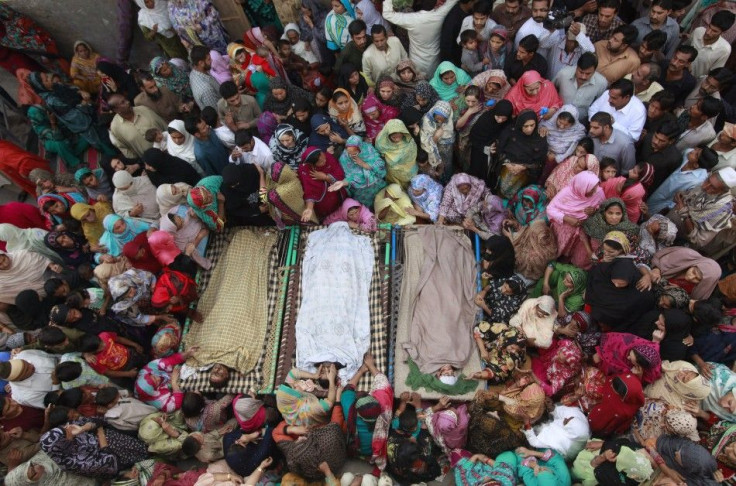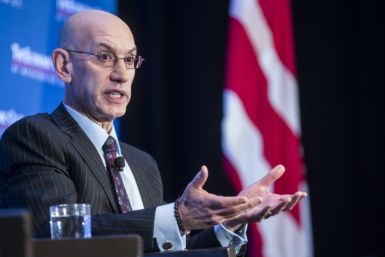Report Shows Why Global Terrorist Attack Killings Increased By 61% Last Year

In 2013, there were 61 percent more victims of global terrorist attacks, mainly due to the rise of the Boko Haram and Islamic State jihadists, said the Institute for Economics and Peace in a report on Tuesday.
In its 2014 Global Terrorism Index launched in London, the Australian-based research group revealed that almost 10,000 terrorist attacks in 2013 indicated an increase over 2012, according to rawstory.com. Hence, 17,958 fatalities over 11,133 in 2012 showed that more than 80 percent of the deaths have taken place in just five countries: Iraq, Afghanistan, Pakistan, Nigeria and Syria. And the four main groups that perpetrated terrorism include IS, Boko Haram, al-Qaeda and the Taliban, which have caused about 66 percent of all fatalities.
The rtnews says that things could worsen next year. The report has not mentioned the mass killings that have been carried out by the Islamic State that has been attacking Iraq and Syria since the summer. Worryingly, Iraq has been found to be affected the most, with a 164 percent rise in fatalities to 6,362. This is mainly because the Islamic State has caused most of the deaths. The rest of the world, too, sees a rise in the attacks, almost by half the previous figure, to 3,236 in 2013. Hence, a total of 60 countries have recorded deaths from terrorist attacks last year.
According to Steve Killelea, Executive Chairman of IEP, "Since we first launched the GTI in 2012, we've seen a significant and worrying increase in worldwide incidences of terrorism." In a decade, they find that the increase is due to radical Islamic groups whose violent theologies are spreading. It is important that moderate forms of Sunni theologies are supported by Sunni Muslim nations. It is also important that the leaders should bring down state-sponsored violence, group grievances and improve community-supported policing, he said.
The main countries that are exposed to risk from these attacks include Angola, Bangladesh, Burundi, Central African Republic, Ivory Coast, Ethiopia, Iran, Israel, Mali, Mexico, Myanmar, Sri Lanka and Uganda. The risk to western countries, though, is less. A British citizen was 188 times more likely to face a terrorist attack, while a U.S. citizen was 64 times more likely.
The killings have risen mainly due to the U.S. invasion of Iraq. Since then, in spite of the U.S. spending tens of billions to fight terrorism, the Rand Corporation shows that just seven percent of terrorist groups have been been defeated by the army attacks. It is more important to increase policing and negotiations, which have a "combined success rate of 83 percent."






